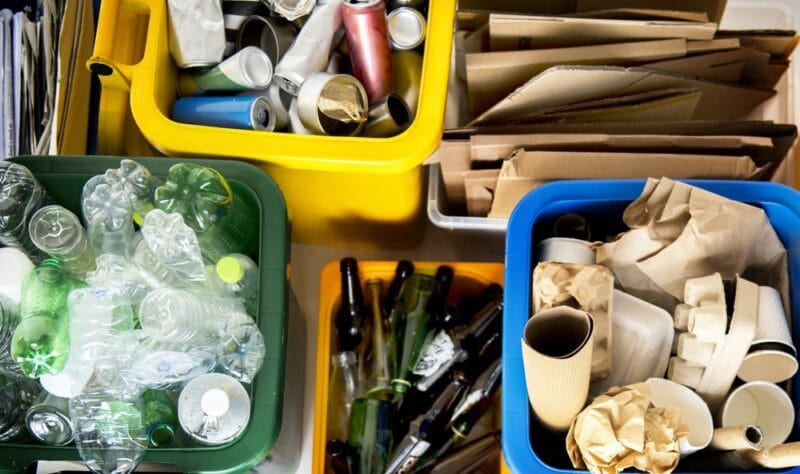The World Bank plans to finance a municipal solid waste management program (MSWMP) in Morocco with an amount of 250 million dollars. Aimed at enhancing the financial and environmental sustainability of the sector, this program seeks to address the increase in waste production due to urbanization and rising consumption patterns. It will be implemented by the Ministry of the Interior, in collaboration with several partners, including the Ministry of Energy Transition and the municipalities involved.
### A strengthened partnership
With 1.75 billion dollars approved for 2024, Morocco ranks among the seven largest borrowers from the World Bank. The country produces 8.2 million tons of solid waste each year, primarily in large urban areas. In response to the projected growth of 3% per year until 2030, Morocco is deploying a National Household Waste Recovery Program (NHWRP) to cover all urban areas by 2034. This program also includes the modernization and closure of non-compliant landfills, and the creation of new facilities with an estimated budget of 2.1 billion dollars.
### Three areas of intervention
World Bank funding is structured around three areas:
1. **Strengthening governance and management of the sector**: Creation of a strategic framework for waste management and establishment of an information management system. This system, supervised by the General Directorate of Local Authorities (DGCT), will allow for monitoring the financial and environmental performance of the sector, with a particular emphasis on monitoring greenhouse gas emissions.
2. **Improving financial performance**: Establishment of a specific fee for waste management to mobilize additional resources and leverage climate and carbon financing. This area aims to reduce financial arrears and improve cost recovery, thereby strengthening the financial viability of the sector.
3. **Enhancing environmental performance**: This last component concerns the modernization of landfills, the creation of new recovery and recycling facilities, as well as the treatment of accumulated waste and the closure of abandoned landfills. A demonstration intervention is planned in a pilot city to develop an integrated waste management model.
In addition to funding, the World Bank plans to provide technical assistance to support the program through studies on governance and financing of the sector as well as guidelines on environmental performance for waste treatment facilities.


